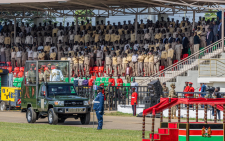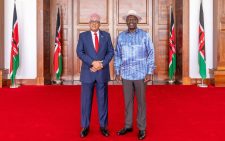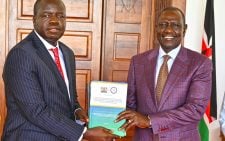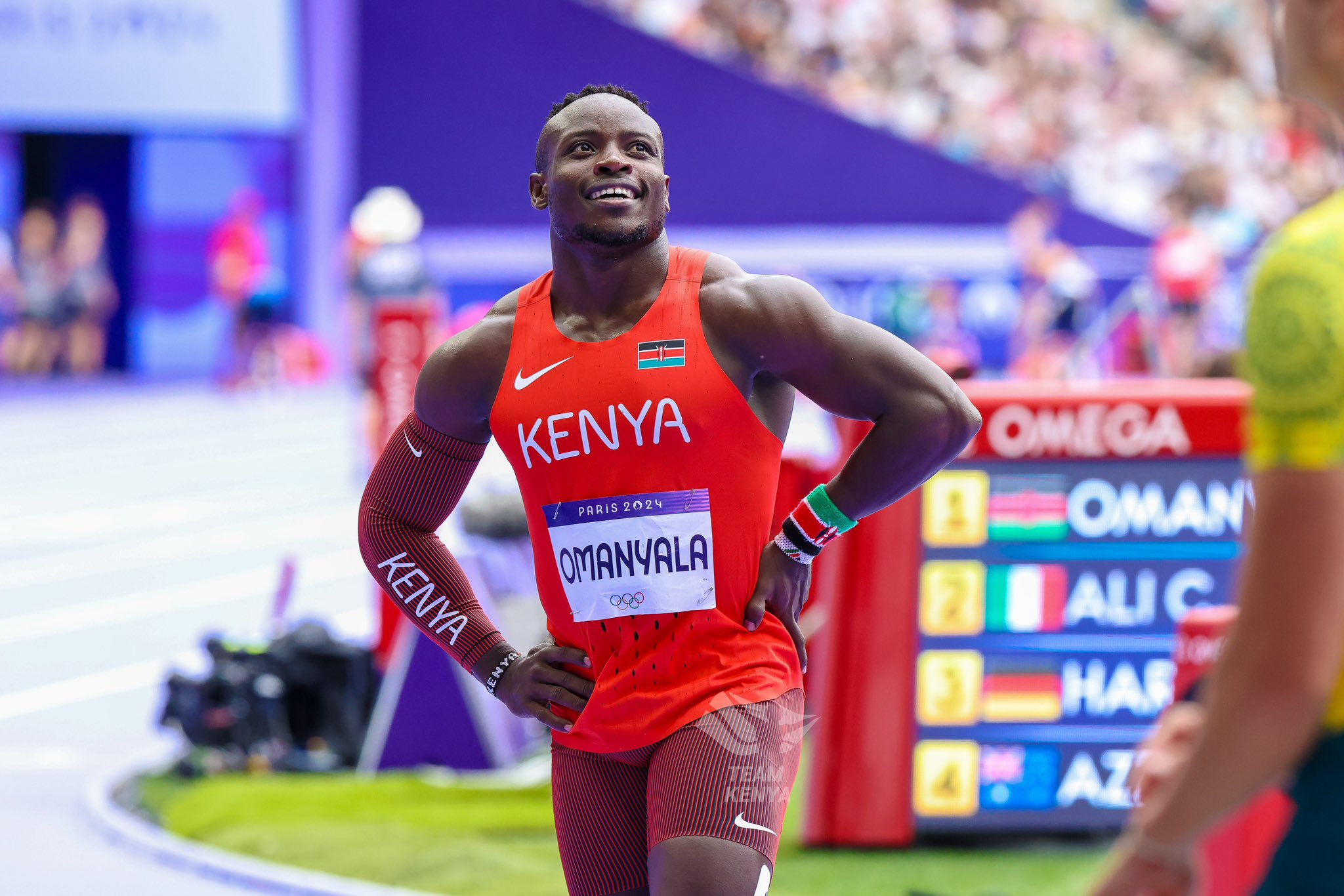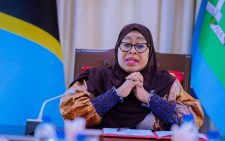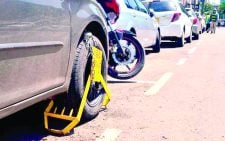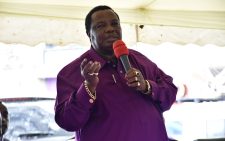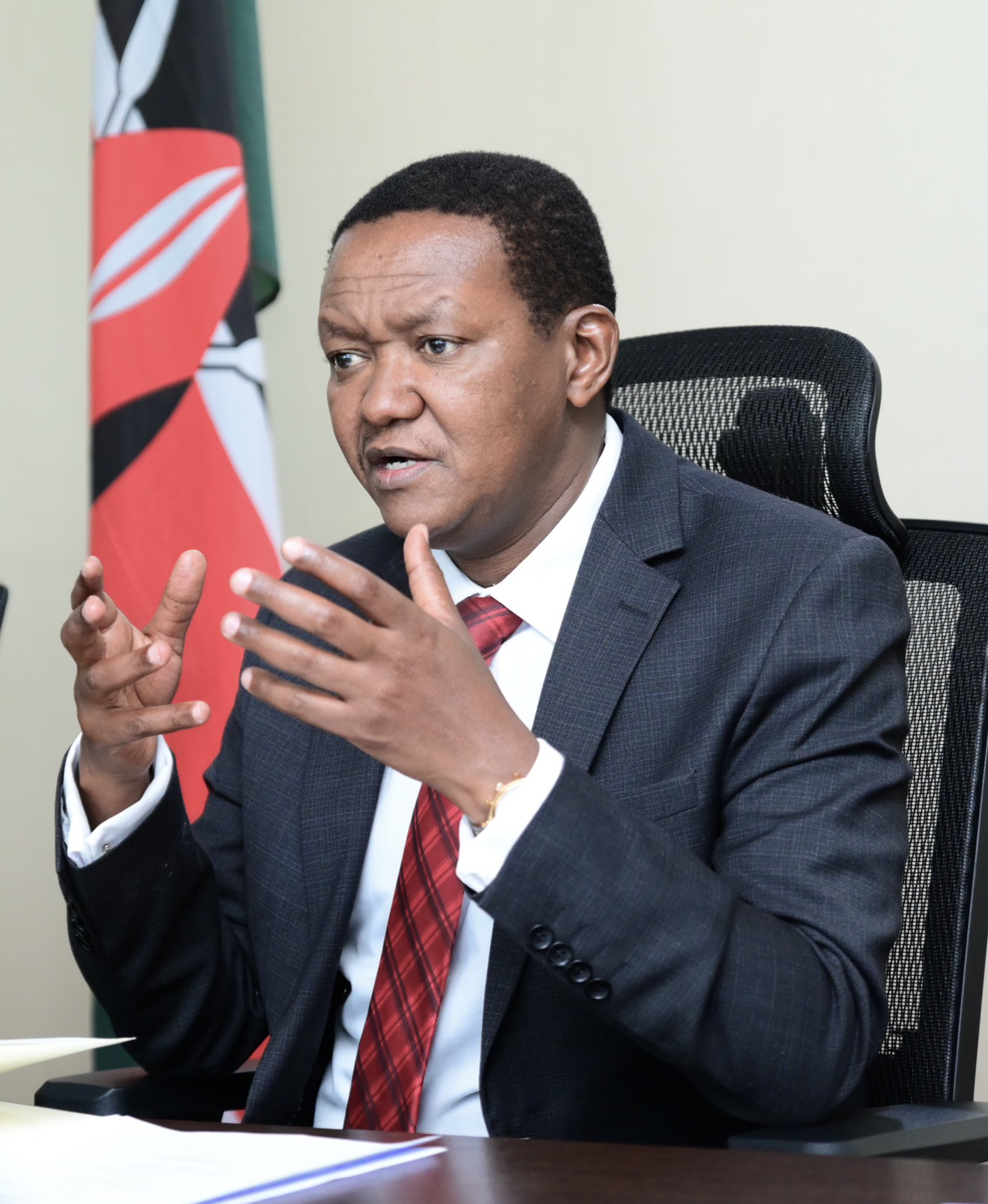IEBC: Focus shifts to final appointments

As the curtains fall on interviews for the Independent Electoral and Boundaries Commission (IEBC), focus now shifts to who will make the final list to be sent to President William Ruto for formal appointment.
Although Kenyans have waited long for the new electoral body with high expectations, the process has not been without controversy, suspicion, and mistrust. As the Dr Nelson Makanda-led IEBC selection panel retreats to review the interviewed candidates, uncertainty lingers.
A lobby group, Operation Linda Jamii, has petitioned the High Court to nullify the list, citing bias and political favouritism. During the month-long interview process, candidates were questioned about how they would navigate the short period before the 2027 polls, addressing electoral matters, election costs, technology deployment, and results management systems
‘Excessive’ cost
The electoral agency maintains that conducting credible 2027 polls requires at least Sh61 billion, an amount critics argue is excessive for a developing democracy like Kenya.
During a February roundtable meeting with the European Union, IEBC deputy chief executive officer Ruth Kulundu explained that of the proposed Sh61 billion budget, printing ballot papers alone will cost taxpayers Sh11 billion, with the remainder allocated to technology and operational activities.
“The IEBC has been marked for a fund, but it has not been operationalised. If this fund were in place, it would be easier for us to perform our functions and conduct activities. The National Treasury typically only begins allocating money either in the election year or the year prior,” said Kulundu.
High stakes
Elections Observers Group (ELOG) Programme Officer Marcus Agenga believes the high stakes of Kenyan elections make reconstitution of the Electoral Management Body a matter of significant public interest.
“We have seen very competent professionals who can manage our elections. We have also seen candidates who are not competent enough. We hope the Selection Panel will propose highly qualified people to the President for formal appointment,” said Agenga.
Agenga argues that while the commissioner selection process has been transparent with sustained public communications, the inclusion of six additional names should have been done in a more consultative manner, with selection criteria communicated to the public beforehand.
“We feel that the inclusion of additional candidates should have been handled more transparently, with the criteria explained to the public before publishing the addendum,” Agenga said.
He continued, “We are already midway to the 2027 general election. With the interview process now complete, the panel should move quickly to send their recommendations to the president. Critical issues await the commissioners, including decisions on boundary reviews, by-elections, and voter registration.”
After the month-long interview process, Joel Mwita Daniel from the Kuria community was the final candidate to face the panel. Mwita told the panel that voter apathy among younger generations stems from a lack of tangible development by long-serving elected leaders.
“Youth say their parents have been voting for many years, yet roads remain impassable despite politicians’ promises to improve infrastructure. Therefore, young people, who make up the majority of new voters, feel their votes won’t change anything,” Mwita explained.
Future actions
When asked how he gained extensive experience at his young age, the former chairman of the IEBC Youth Coordinating Committee described himself as proactive in pursuing opportunities.
“I don’t wait for opportunities to find me. During university holidays, I avoided staying in the village and instead sought work in Nairobi. That exposure taught me valuable life lessons and how to relate well with people,” Mwita told the panellists. Following the conclusion of interviews, selection panel chairman Makanda emphasised that they would take full responsibility for the selection process but
not for the commissioners’ future actions once approved by Parliament. “We take responsibility for our process, having conducted the exercise according to law with public interviews,” he said.
“Our panel will exercise due diligence as required by the Constitution to select competent individuals while considering regional balance, gender representation, and inclusion.”
Names to President
According to procedure, once the selection panel submits names to the President, he will nominate one person for chairperson and six others as commission members. These names will then be forwarded to Parliament for approval before formal appointment. Makanda clarified that his panel would not be responsible for the future conduct of appointed commissioners.
“Once the president selects candidates and Parliament approves them, they become commissioners responsible for their own actions,” he said. “Whether they serve Kenyans well or poorly will not be this panel’s responsibility.”
The interviews concluded with 11 candidates vetted for chairperson and 107 of 111 shortlisted candidates interviewed for commissioner positions, with four withdrawing for personal reasons.
